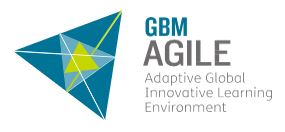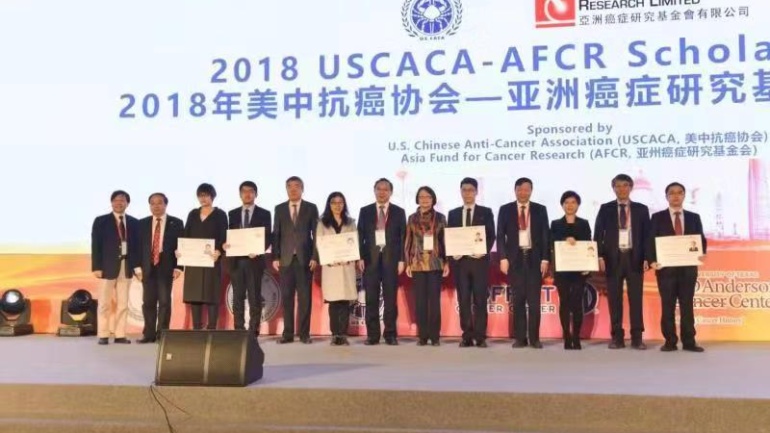This past fall saw considerable progress in the development of GBM AGILE, the brain cancer clinical trial initiative whose early-stage planning has long been supported by the Asian Fund for Cancer Research. Not only was an acting head hired to run the Global Coalition for Adaptive Research (GCAR), the non-profit organization which sponsors the study, but too its first candidate product was announced.
Gary Gordon, M.D., Ph.D., an accomplished pharmaceutical executive with extensive drug development experience, was in early November named GCAR’s chief executive officer. Dr. Gordon most recently served as vice president of oncology development at AbbVie. There he drove drug development innovations, expanded staff and advanced the corporation’s oncology drug pipeline.
One week later, Bayer, the world’s ninth largest pharmaceutical company, announced that STIVARGA, the brand name of its regorafenib drug, would be the first to enter GBM AGILE. Already approved in such markets as China, Japan, the U.S. and EU for the treatment of colorectal and/or liver cancers, the molecule too holds promise as an improvement upon the current standard of care for glioblastoma, the deadliest form of brain cancer—and a disease which for decades has seen no improvement in survival rates.
Among AFCR’s support to GBM AGILE has been issuance of travel grants for Chinese scientists from eight major hospitals to attend workshops and the 2015 press conference in the U.S. that officially launched the program. Too, travel grants to U.S. scientists attending related gatherings in China of glioblastoma researchers and drug trial designers.




